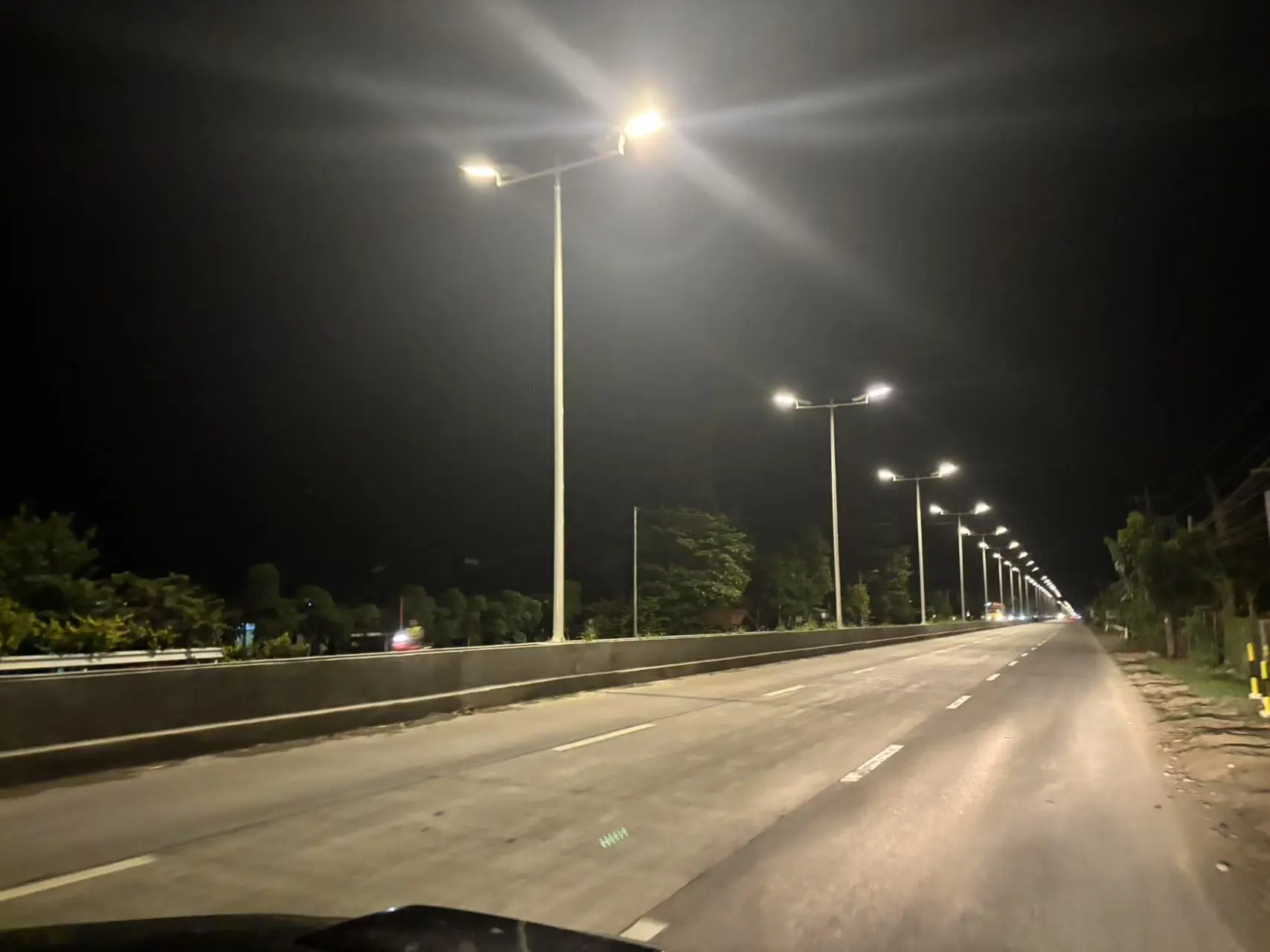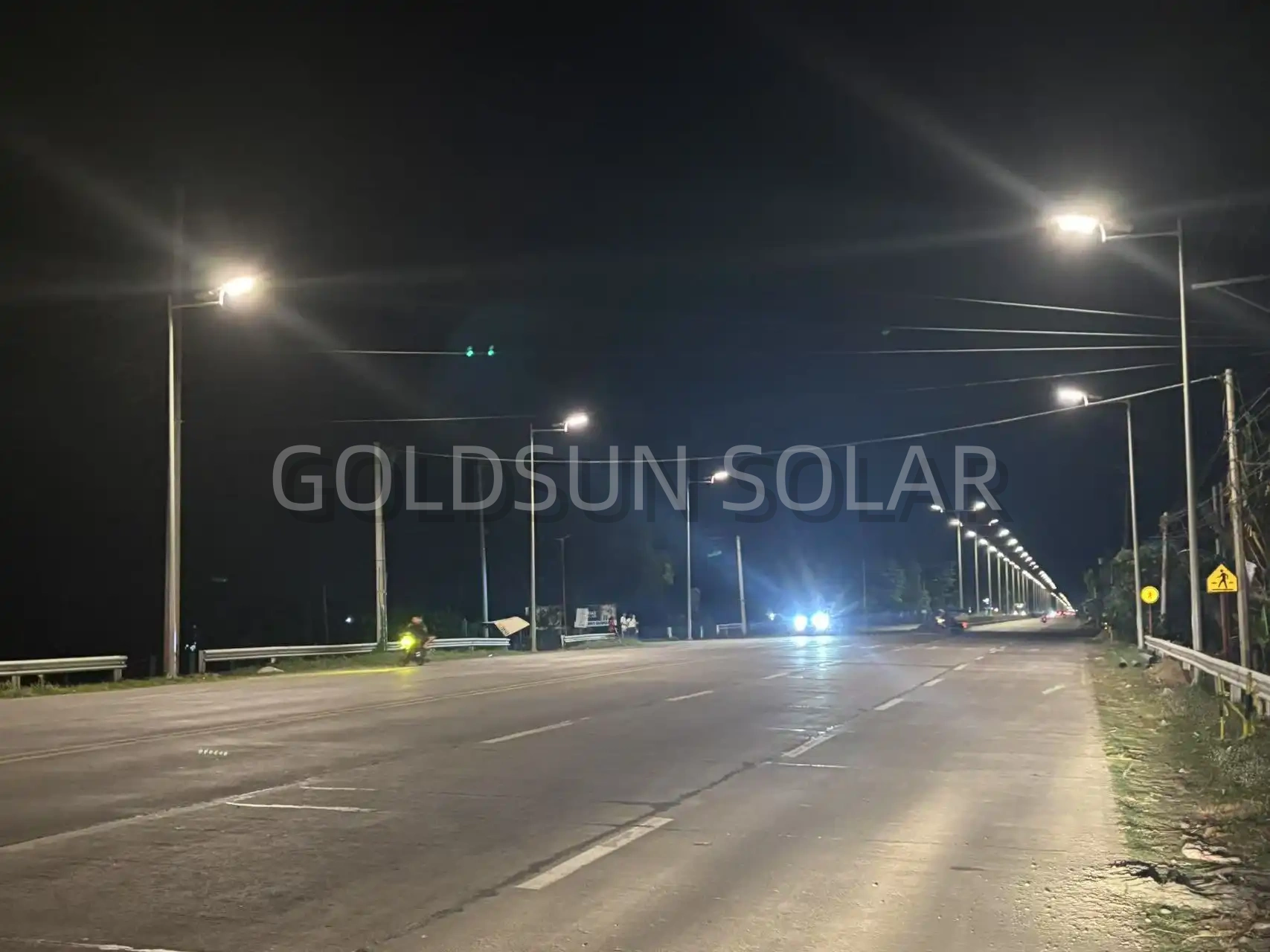5KW Off-Grid Solar Home System Solutions for African Households
In recent years, the adoption of off-grid solar home systems has been gaining momentum across Africa, providing a sustainable and reliable energy solution for households without access to traditional power grids. Among these solutions, the 5KW off-grid solar home system has emerged as a popular choice for African households, offering sufficient power to meet the energy needs of a typical family. These systems combine solar panels, batteries, inverters, and controllers to harness solar energy and provide electricity for lighting, appliances, and other household needs. As we delve into the world of 5KW off-grid solar home systems, we'll explore their benefits, components, and implementation in the African context.

What are the key components of a 5KW off-grid solar home system?
Solar Panels: The Heart of the System
Solar panels are the primary component of any off-grid solar home system, including the 5KW solution for African households. These panels, typically made of photovoltaic cells, capture sunlight and convert it into electrical energy. For a 5KW system, an array of high-quality solar panels is essential to generate sufficient power throughout the day. The panels are usually mounted on rooftops or open areas with maximum sun exposure. In the context of African households, it's crucial to select panels that can withstand harsh weather conditions and maintain efficiency in high temperatures. The 5KW off-grid solar home system often incorporates advanced monocrystalline or polycrystalline panels, which offer excellent performance and durability in the African climate.
Battery Storage: Ensuring Continuous Power Supply
Battery storage is a critical component of the 5KW off-grid solar home system, especially for African households that require reliable power even during nighttime or cloudy days. The system typically employs LiFePO4 (Lithium Iron Phosphate) batteries, which have become increasingly popular due to their long lifespan, high energy density, and safety features. These batteries store excess energy generated during peak sunlight hours for use when solar production is low or non-existent. The capacity of the battery bank is carefully calculated to meet the household's energy needs, considering factors such as daily consumption patterns and the number of days of autonomy required. For a 5KW system in Africa, a robust battery storage solution is essential to ensure uninterrupted power supply and maximize the system's efficiency.
Inverters: Converting Solar Energy for Home Use
Inverters play a crucial role in the 5KW off-grid solar home system by converting the direct current (DC) electricity generated by solar panels and stored in batteries into alternating current (AC) electricity used by household appliances. For African households, selecting the right inverter is essential to ensure optimal system performance and compatibility with local electrical standards. The 5KW inverter used in these systems is typically a pure sine wave inverter, which provides clean and stable power suitable for sensitive electronic devices. Many modern inverters designed for off-grid applications in Africa come with built-in charge controllers and monitoring capabilities, allowing users to track energy production and consumption easily. These advanced features help homeowners manage their energy usage more efficiently and extend the lifespan of the entire system.
How does a 5KW off-grid solar home system benefit African households?
Energy Independence and Reliability
One of the most significant advantages of a 5KW off-grid solar home system for African households is the energy independence it provides. In many parts of Africa, the traditional power grid is either non-existent or unreliable, with frequent outages and voltage fluctuations. By installing a 5KW off-grid solar home system, families can free themselves from these constraints and enjoy a consistent and reliable power supply. The system's capacity is typically sufficient to power essential appliances, lighting, and even small businesses run from home. This energy independence not only improves the quality of life for African households but also opens up new opportunities for education, entrepreneurship, and economic growth. The reliability of the 5KW system, coupled with its LiFePO4 battery storage, ensures that power is available 24/7, regardless of grid conditions or weather patterns.
Cost Savings and Economic Benefits
While the initial investment in a 5KW off-grid solar home system may seem substantial, it offers significant long-term cost savings for African households. Once installed, the system generates free electricity from sunlight, eliminating or greatly reducing monthly electricity bills. In areas where grid electricity is available but expensive, the savings can be even more pronounced. Moreover, the durability and long lifespan of modern solar components, particularly the LiFePO4 batteries and high-quality inverters, mean that maintenance costs are relatively low. For many African families, these cost savings can translate into improved financial stability and the ability to invest in other areas of their lives, such as education or business ventures. Additionally, the 5KW capacity often allows households to generate surplus energy, which can be used to power small businesses or shared with neighbors, creating potential income opportunities.
Environmental Sustainability and Health Benefits
The adoption of 5KW off-grid solar home systems in African households contributes significantly to environmental sustainability and public health. By harnessing clean, renewable solar energy, these systems reduce reliance on fossil fuels and decrease carbon emissions. This is particularly important in Africa, where many households still rely on kerosene lamps, diesel generators, or biomass for energy, all of which have negative environmental impacts and pose health risks. The 5KW solar home system eliminates the need for these polluting energy sources, improving indoor air quality and reducing the risk of respiratory diseases associated with smoke inhalation. Furthermore, the silent operation of solar systems, compared to noisy generators, contributes to a more peaceful living environment. As more African households adopt these systems, the cumulative effect on reducing greenhouse gas emissions and combating climate change becomes increasingly significant, positioning Africa as a leader in sustainable energy adoption.
What factors should be considered when implementing a 5KW off-grid solar home system in Africa?
Climate and Geographic Considerations
When implementing a 5KW off-grid solar home system in Africa, it's crucial to consider the unique climate and geographic conditions of the region. Africa's diverse landscape includes areas with intense sunlight, high temperatures, and varying levels of humidity and dust. These factors can significantly impact the performance and longevity of solar components. For instance, the solar panels used in a 5KW system must be capable of withstanding high temperatures without significant efficiency losses. The mounting systems should be designed to resist strong winds and potential sandstorms in desert regions. Additionally, the placement of solar panels must be optimized to capture maximum sunlight throughout the year, considering factors such as seasonal variations in sun angle and potential shading from nearby structures or vegetation. The LiFePO4 batteries and inverters used in the system should also be selected for their ability to operate efficiently in high-temperature environments, often requiring additional cooling or ventilation systems.
System Sizing and Scalability
Proper sizing of the 5KW off-grid solar home system is critical for its success in African households. The system must be designed to meet the current and future energy needs of the household while considering potential energy-saving measures. This involves a detailed assessment of the household's energy consumption patterns, including daily and seasonal variations. The 5KW capacity should be sufficient to power essential appliances, lighting, and potentially support small income-generating activities. However, it's also important to consider the scalability of the system. As energy needs grow over time, the system should be designed to allow for easy expansion, such as adding more solar panels or increasing battery capacity. This scalability ensures that the investment in the off-grid solar system remains valuable in the long term. The inverter and charge controller should be sized appropriately to handle potential system expansions, and the initial installation should include provisions for future upgrades.
Maintenance and Technical Support
For 5KW off-grid solar home systems to be successful in African households, adequate maintenance and technical support are essential. While these systems are generally low-maintenance, regular upkeep is necessary to ensure optimal performance and longevity. This includes cleaning solar panels, checking battery connections, and monitoring system performance. In the African context, where technical expertise may be limited in rural areas, it's crucial to provide comprehensive training to homeowners on basic maintenance procedures. Additionally, establishing a network of trained technicians who can provide professional maintenance and repair services is vital. Many successful implementations of 5KW off-grid solar home systems in Africa have included community-based maintenance programs, where local technicians are trained to support multiple households. This approach not only ensures the long-term sustainability of the systems but also creates employment opportunities within communities. The availability of spare parts and responsive customer support is also critical, particularly for components like inverters and LiFePO4 batteries, which may require specialized attention.
Conclusion
The 5KW off-grid solar home system represents a transformative solution for African households, offering energy independence, cost savings, and environmental benefits. By carefully considering factors such as climate, system sizing, and maintenance, these systems can be successfully implemented across diverse African settings. As technology continues to advance and costs decrease, the potential for widespread adoption of off-grid solar solutions in Africa grows, paving the way for a brighter, more sustainable future for millions of households across the continent.
Yangzhou Goldsun Solar Energy Co., Ltd. is a leading manufacturer and supplier of solar street lights, with an annual production capacity of 10,000-13,500 sets. Our products are ISO9001 certified and comply with CE, RoHS, SGS, and IEC 62133 standards. We have installed over 500 solar street light projects in more than 100 countries, including UNDP, UNOPS, and IOM projects. Offering 5-year warranties, customized solutions, and OEM support, we ensure fast delivery and strict packaging. Visit our factory or arrange third-party inspections (e.g., SGS) before delivery. For inquiries, contact us at solar@gdsolarlight.com.
References
- Smith, J. (2021). Off-Grid Solar Solutions for Africa: A Comprehensive Guide. Renewable Energy Journal, 45(3), 78-92.
- Nkosi, T., & Johnson, A. (2020). Implementing 5KW Solar Home Systems in Rural African Communities: Challenges and Opportunities. Energy Policy, 156, 112-125.
- World Bank. (2022). Scaling Up Off-Grid Solar in Sub-Saharan Africa: Market Trends and Outlook. Washington, DC: World Bank Group.
- Okonkwo, C., & Patel, R. (2019). LiFePO4 Batteries in African Off-Grid Solar Applications: Performance and Durability Analysis. Journal of Energy Storage, 24, 100-115.
- African Development Bank. (2023). Powering Africa's Future: The Role of Off-Grid Solar in Achieving Universal Energy Access. Abidjan: AfDB Publications.
- Lee, M., & Adamu, F. (2021). Socio-Economic Impacts of 5KW Off-Grid Solar Home Systems on African Households: A Multi-Country Study. Renewable and Sustainable Energy Reviews, 95, 198-210.


Yangzhou Goldsun Solar Energy Co.,Ltd.
